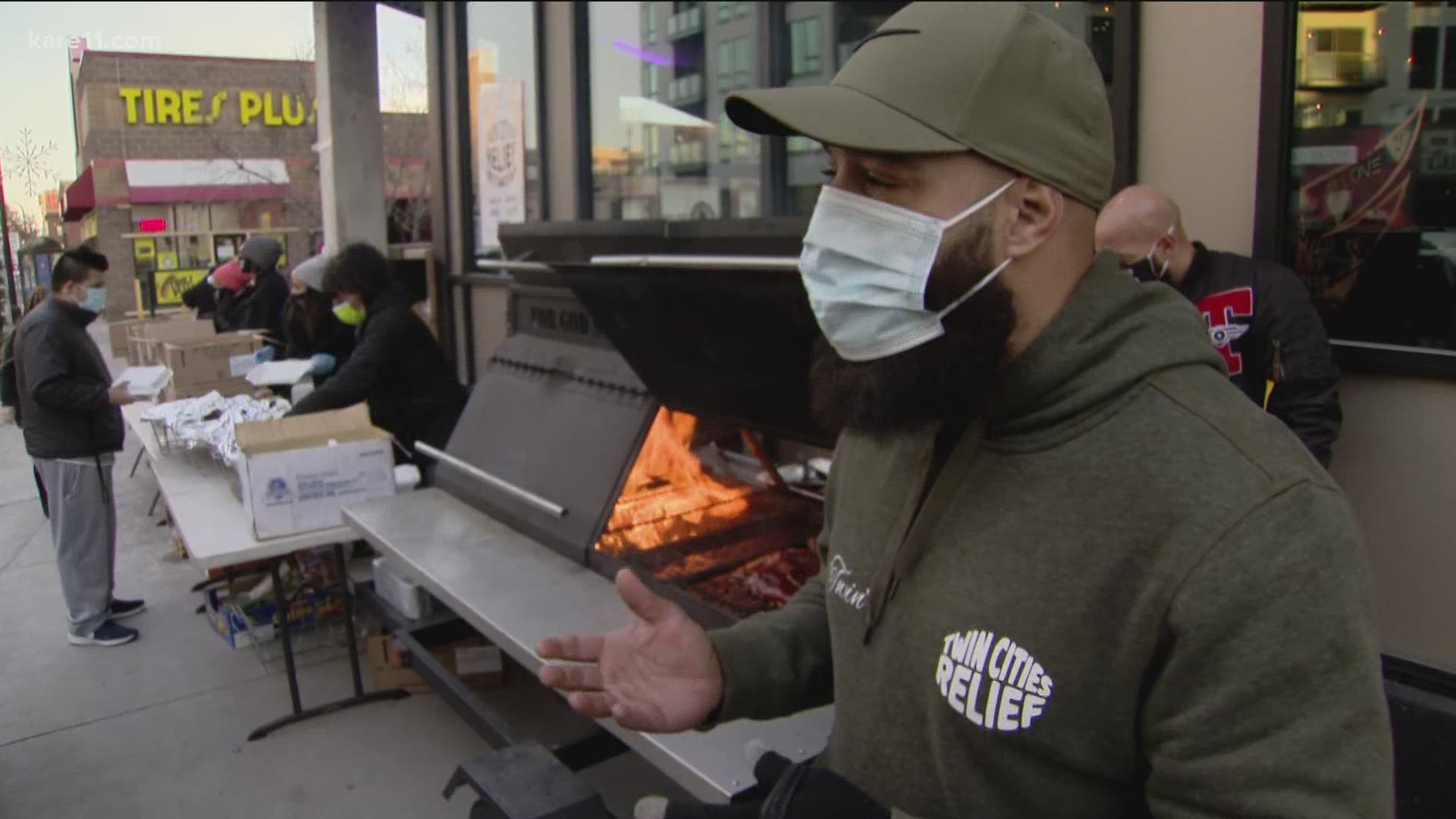What does movement smell like? You might say it smells like a combination of sweat, body odor, pot, and whatever someone just ate before they sit next to you. Yeah, that smells about right for certain transit trips on the bus, especially if you ride a bus around 3pm and you're scrunched together with high schoolers.
But when I think about the smell of movement, I think of it more in the area of incense. I don't know what your experience of incenses are, I love the idea of incenses but I can't handle them. As soon as the priest starts whirling the thurible around my sinuses erupt in protest.
I love the idea of incense because they alert the body that worship is taking place. Incense also alert that soul of the possibility of change: God changed God's mind because of worship via incense, Genesis 8:21, The smell of the burning offering pleased God, and he said:
Never again will I punish the earth for the sinful things its people do. All of them have evil thoughts from the time they are young, but I will never destroy everything that breathes, as I did this time).
(The Phillip Medhurst Picture Torah 64. Burnt offering. Genesis 8 v 20, 22.)
Incense also remind us of the importance of the sense of smell and the spiritual life. I think our sense of smell is one of the most underrated of the pastoral senses. Walk into a room that smells like urine (human or pet) and you know the person is having a difficult time. Enter a room with fresh coffee and you know they were expecting you. You can smell fear, you can smell joy, you can smell anxiety, you can smell sadness.
When I move about the Twin Cities on two feet, on two wheels, or on the bus (hopefully soon again) I notice the incenses all around me. Right now it is absolutely wonderful to take in the incense of blooming flora. But while moving about you also pick up on the other incenses your neighbors share with you: there is one house I pass that is frequently roasting garlic, another house is always baking bread, and another house always smells like pot. Over time, more than street signs or familiar sights it is the incense of these houses that tell me where I am in the cities.
Over the past 11months+ I have been pedaling my bike and walking to protests and vigils and gatherings for social justice in the Twin Cities. I think most of these occasions have been some of the most spiritual moments of my life. I would even go so far to say I have found the events at 38th and Chicago, after the murder of George Floyd, to be the most real "church" experiences of my life. At 38th and Chicago there has been true lamentation, real calls for justice, undoubtable expressions of solidarity, dancing, music, art and of course the aromas/the incense of food.
At almost every event the Twin Cities Relief has been present grilling food for protestors and social justice advocates. At almost every event Appetite for Change has been present handing out to go boxes of food for protesters and social justice advocates. Their offering is just like Noah's offering - pleasing and soul changing.
I wonder what church/spiritual community life would be like if faith communities and pastoral/religious leaders led with their noses? Incenses, believe it or not, can change our ministries. After all the savory sweet aroma changed God's mind!










